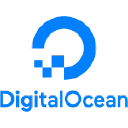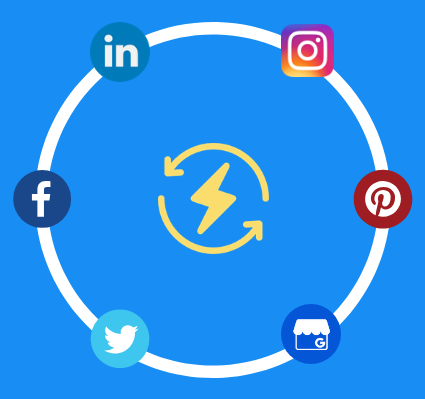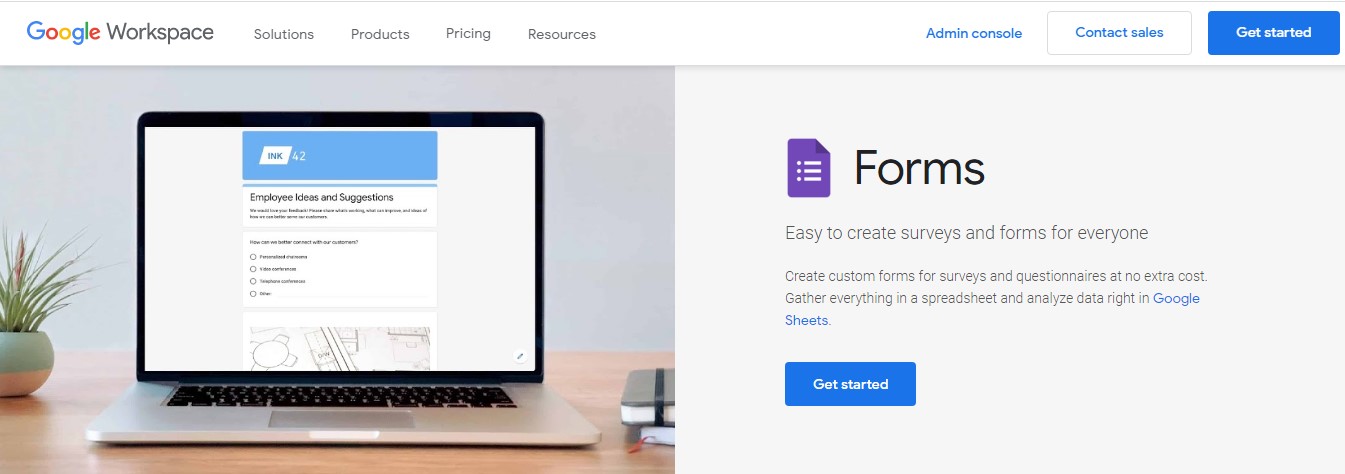I Built An App To Help Fight Misinformation
Note: This business is no longer running. It was started in 2018 and ended in 2023. Reason for closure: Shut down.
Hello! Who are you, and what business did you start?
Hi, I’m Timi Olotu, founder and CEO of òtító.
òtító is a library of factual claims that helps you steer clear of misinformation and use evidence to support your beliefs. It’s a media site where people can contribute evidence-based claims on any topic, as well as the sources of these claims. òtító makes about £25 per month, and has been used by people from 100+ countries and averaged 1250 page views per month since it launched in September 2020.

What's your backstory, and how did you come up with the idea?
I used to write political articles on Medium. Several of my articles went viral, and I ended up...
More Business Ideas Like This

























